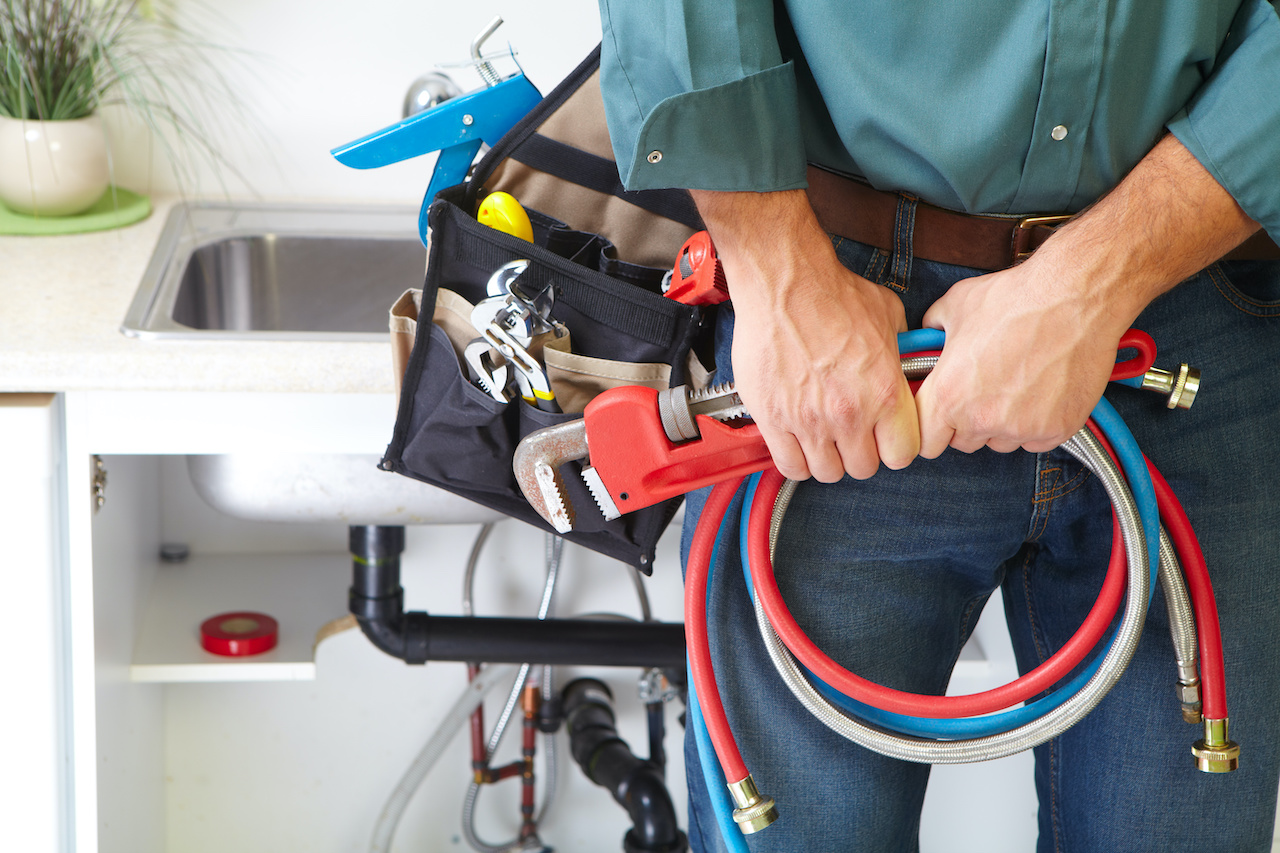

For homeowners, water heaters can represent a significant expense. This is why it is important to carefully consider your heating solution options before investing in a replacement. Should you opt for a traditional water heater or would it be better to go for a tankless one?
Here are some pros and cons of each, how they work, and how you can make the best decision for a water heater in your home:
What is a tankless water heater?
Most people know what a traditional tank water heater is and looks like, which uses either an electrical heating element or gas line to heat the water before distributing it through the house.
However, tankless water heaters, or on-demand water heaters, utilize high-powered burners so that water is rapidly heated while it runs through a heat exchanger. It is then delivered directly to the shower or faucets without needing to be stored in any sort of tank. Gas or electricity can be used to power these heaters.
Pros and Cons of a Tankless Water Heater
There are a number of benefits that are associated with using a tankless water heater. Firstly, while the expense can be significant, you are going to save money over time.
This is because these systems are a lot more energy-efficient. You can save anywhere between 24–34% of energy in a typical household when compared with a traditional storage tank water heater, which amounts to an average of $108 in annual energy savings.
Tankless water heating systems also enable you to have water whenever you require it. You aren’t going to have to wait for your water to become hot. It takes a matter of seconds. This is not the case with traditional water heaters Also, as they are small in size, they can be installed into tight spaces. A lot of people decide to have them installed on the exterior walls of their property if they do not have much space inside. The space savings are rather substantial.
One water heater company in Northridge, California, explains that there are, however, downsides to tankless water heaters based on your specific needs. One major consideration for tankless water heaters is that they can easily experience overload or mineral buildup, so it’s important to know how much water your family needs heated before investing in a tankless water heater to prevent these issues.
Pros and Cons of a Traditional Water Heater
While tankless water heaters can be a good option for many different needs, they cost a lot more to purchase. Installation can be expensive as well, especially if you are replacing a traditional water heater.
Additionally, a lot of people also prefer the reliability of a traditional heater. This is because tankless water heaters can find it hard to keep up with demand if a number of tasks are occurring at the same time and require hot water, for example, doing the laundry while someone else in your home is taking a shower.
That said, though the installation of traditional water heaters is cheaper, the long-term costs of tankless water heaters based on how much hot water you need at any given time can be more cost-effective in the long run. Additionally, a traditional heater has a shorter lifespan than a tankless heater.
To conclude, there are clearly pros and cons associated with both options when it comes to determining how you are going to get hot water in your home. If you are looking for a space-saving water heater that can pump out hot water on-demand, a tankless water heater can be a great, energy-efficient solution. On the other hand, if you require hot water for multiple tasks at one time, a traditional water heater may be the way to go.
